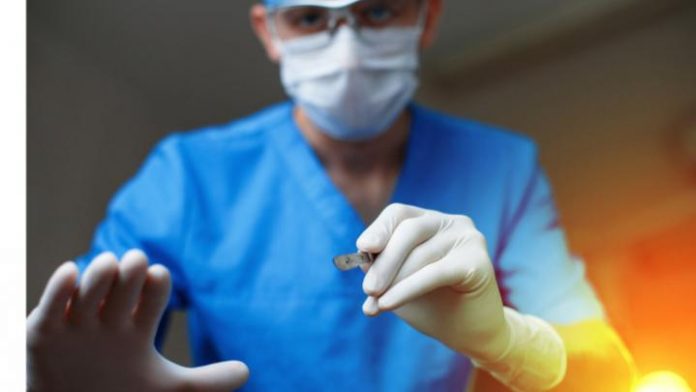A US academic study warns that patients who travel abroad for cosmetic surgery can bring home serious complications and finds that the Dominican Republic is high on the danger list.
A new academic study published in the US medical journal Plastic and Reconstructive Surgery warns that patients who travel abroad for cosmetic surgery can bring home serious complications.
The study by investigators at Brigham and Women’s Hospital describes medical complications that can result from cosmetic surgery abroad. It suggests substantial problems, risks, and costs on the US health system.
Many Americans are attracted to go overseas with the promise of inexpensive cosmetic surgery, but anecdotal evidence and media reports suggest that too many return from abroad with complications.
Report author Dennis Orgill points out: “Patients need to be very cautious when they go outside of the US for elective cosmetic surgery. The safety and regulatory systems that protect patients in the US are often not in place in that country.”
Kimberly Ross and colleagues evaluated patients who had been treated at Brigham and Women’s Hospital over the last seven years for complications or complaints associated with cosmetic surgery performed in another country.
The sample was small so is statistically meaningless. However, of the 78 patients evaluated, the most common complications were seen following abdominoplasty (35 patients) or breast augmentation (25 patients).
The most common destination country for these surgeries was the Dominican Republic, 75% of the patients in the study travelled there for elective procedures. The Medical Travel Quality Alliance has warned that travelling to the Dominican Republic can be dangerous due to a too high incidence of problems and even death.
Complications included infections, pain and wound-healing issues. Fourteen patients presented with infections at their surgical sites, including infection from multi-drug resistant bacteria. Eight patients required the removal of damaged tissue or foreign objects from the wound site over a series of visits.
Most patients relied on their medical insurance to cover the cost of follow-up care when they returned to the US however this insurance does not cover travel or medical costs overseas. 60% of the patients studied were on Massachusetts Medicaid. Four patients in the study admitted to returning to their original surgeon, despite complications, for a second surgical procedure abroad.
It’s worth pointing out that this study was only on patients returning with complications, which is akin to judging the safety of cars only by talking to those who have been in a car accident.








 ©2024 All rights reserved LaingBuisson
©2024 All rights reserved LaingBuisson 


